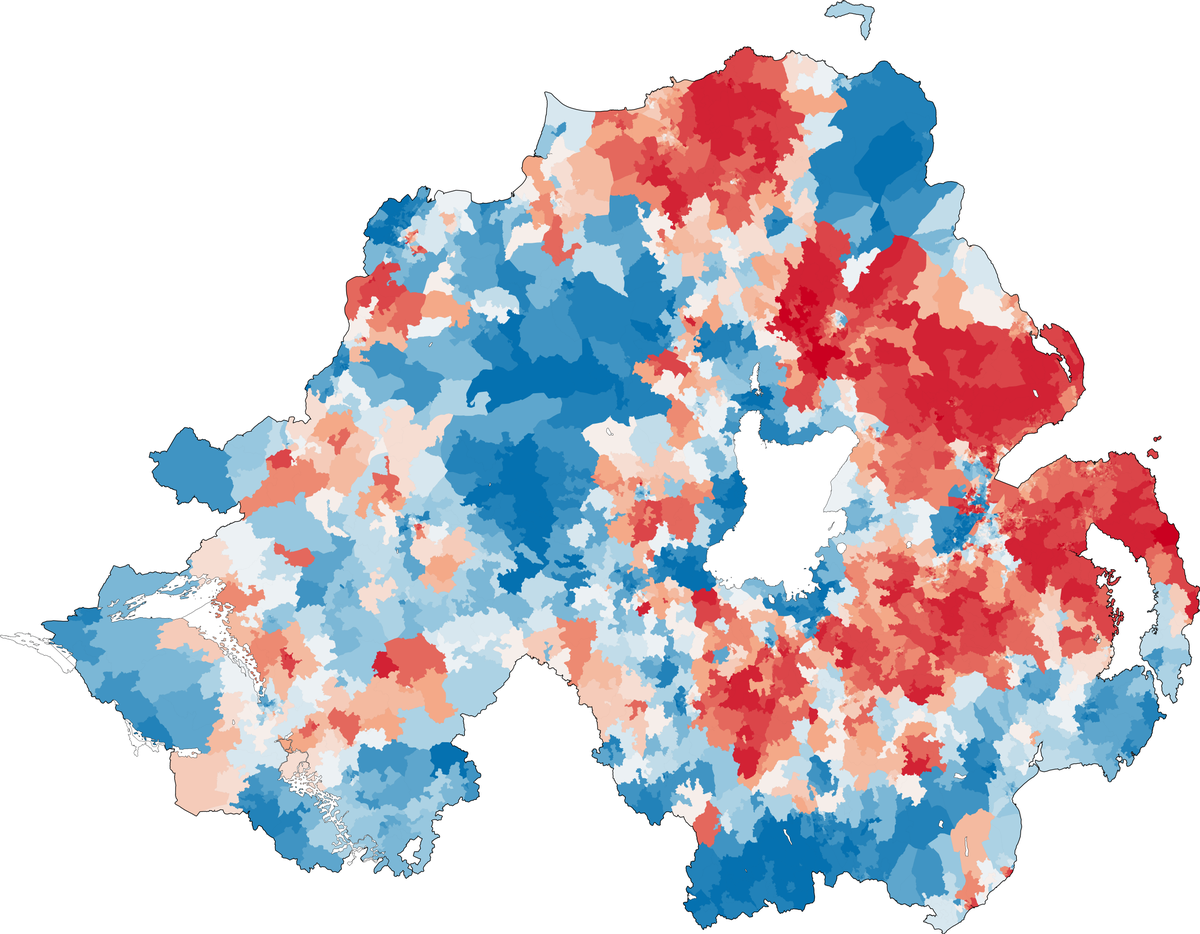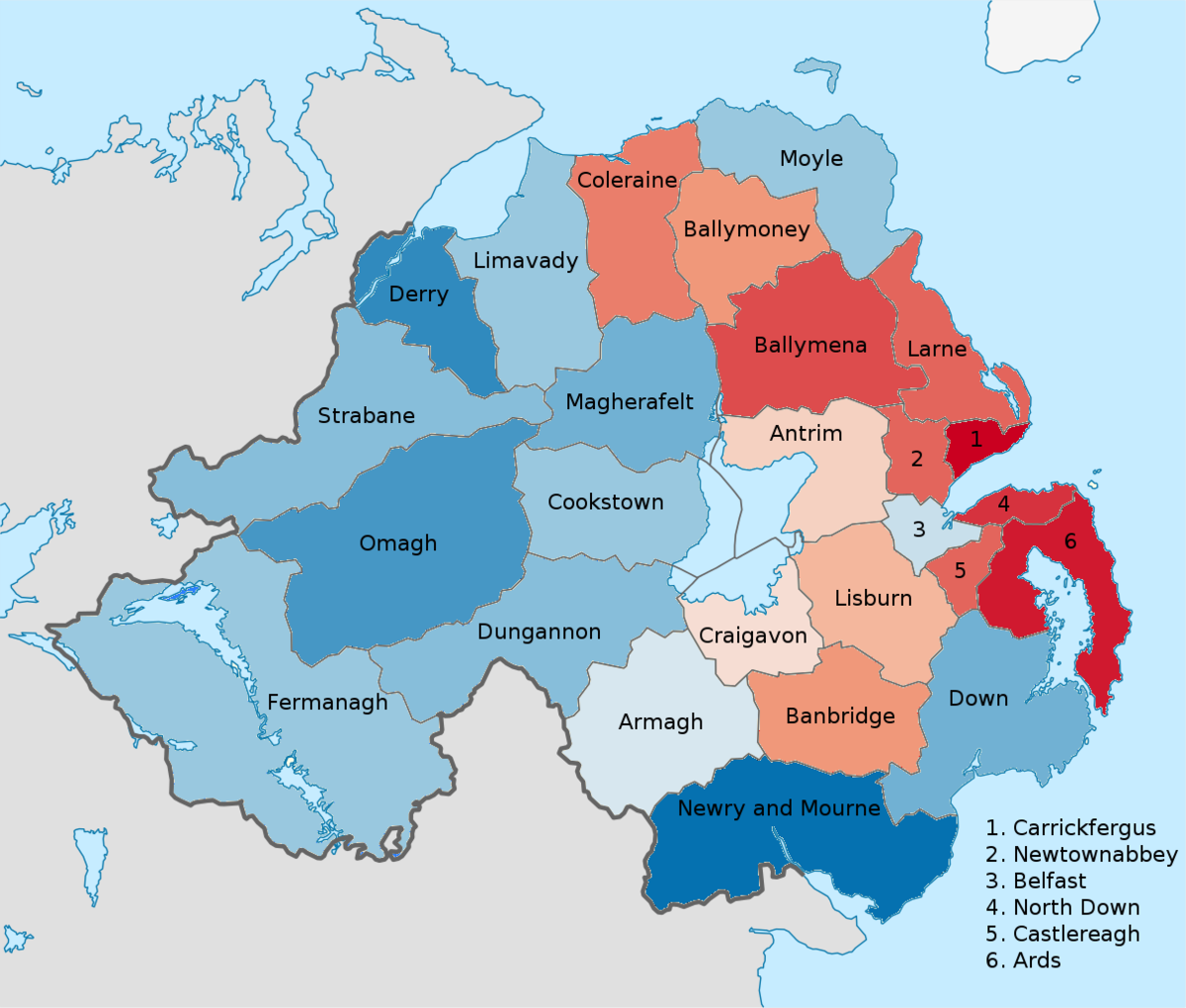We head to Scotland now, where Malcolm Brabant reports on the mood among citizens where a majority of voters had wanted to stay.
MALCOLM BRABANT: Stung by the Brexit vote in England and Wales, Scotland now appears to be racing along the road to independence. Two years ago, Scots voted in a referendum against leaving the United Kingdom, above all because it guaranteed continued membership of the European Union.
According to independence activist Stuart Bremner, Brexit feels like betrayal.
STUART BREMNER, Digital Artist: The Scottish referendum was a bit like the final cracks opening in the British Empire, and what we’re seeing in this, in the last couple of days could be not just cracks, but the final heart of the British Empire splintering completely. People are unable to say what they feel because they’re so emotional. There’s tears. There’s anger.
I was in a march and a rally just in this very square on Friday night, and there were people speaking, there were people crying. And people are upset, deeply upset by this. And it’s almost beyond words, just because it’s too enormous. What’s happening is beyond anything we have ever known in this country in our lifetimes.
MALCOLM BRABANT: On Edinburgh’s Royal Mile, an upbeat tune swirled from the pipes of Thomas Wilson, but in his heart was a lament.
THOMAS WILSON, Musician: I’m incredibly disappointed, actually. I never — obviously, I never wanted to leave the E.U. I’m incredibly worried. I think, well, for starters, I’m a big supporter of free movement around Europe. I enjoy going around Europe, and busking and traveling to all the different kind of cities, you know?
And I find it very disappointing that I will not be able to do that as easily anymore. I think we should go for another — our own independence referendum again, which I hope will happen in the next two years, because that’s when the U.K. are planning on leaving Europe.
MALCOLM BRABANT: With an opinion poll estimating that nearly 60 percent of Scots now want independence, First Minister Nicola Sturgeon has taken the nation’s pulse and put the wheels in motion.
NICOLA STURGEON, Scottish First Minister: A second independence referendum is clearly an option that requires to be on the table and it is very much on the table. And to ensure that that option is a deliverable one in the required timetable, steps will be taken now to ensure that the necessary legislation is in place.
MALCOLM BRABANT: That’s music to the ears of hard-core Scottish nationalists, who’ve never abandoned hope of what they regard as liberation, especially at the permanent vigil in Edinburgh, where campaigners display the Arbroath Declaration of Independence, written in the 14th century by the legendary Scottish King Robert the Bruce.
Unemployed bricklayer’s laborer Dean Halliday.
DEAN HALLIDAY, Independence Vigil: They made their decision about their country. We made our decision about ours. There’s no difference. We don’t not like the English people. The English people are lovely people. It’s their government that we don’t want to be tied to. We can’t keep being subservient to a government that’s not working in our best interests, and that’s Westminster.
MALCOLM BRABANT: Outside Scotland’s idiosyncratic Parliament Building, Holyroodhouse, the Brexit vote has reaffirmed history lecturer Lesley Orr’s desire for independence. She believes Scotland is sufficiently mature to flourish.
LESLEY ORR, Women for Independence: Scotland is not just part of the state of the United Kingdom, but it’s a nation which has its own longstanding, centuries-old traditions, relationships, legal framework, educational system, religious tradition, all of which are different from that of England and of Wales.
MALCOLM BRABANT: The leader of the main opposition Scottish Conservative Party, Ruth Davidson, is vehemently opposed to a second independence vote north of the border.
RUTH DAVIDSON, Scottish Conservatives: The U.K. market is worth four times as much to Scotland’s in the E.U. market. I cannot support even further instability by having a second independence referendum. We voted on that in Scotland. We had a clear vote with a clear mandate to stay within the United Kingdom.
And we all now have to work together, Scottish government and U.K. government, to get the best deal for Scotland’s businesses going forward.
MALCOLM BRABANT: Scotland’s first minister, Nicola Sturgeon, is advising Parliament here to vote against Britain leaving the European Union. Some people are hoping that her words mean that Scotland has the power of veto. But constitutional experts say that is not the case. All the Parliament can do is to advise Westminster.
Christine O’Neill, one of Scotland’s top constitutional lawyers, believes the country should be in line for fast-track membership of the E.U., if it becomes independent.
CHRISTINE O’NEILL, Brodies Law Firm: Well, the first point is the E.U. normally deals with states, rather than sub-state entities. So it would be quite difficult for Scotland to be a member of the E.U. without being a state in its own right.
If Scotland was to become independent, then it could negotiate its way into the E.U. in the way other states have done in the past. And we would expect Scotland to be in a strong position to negotiate membership, given that it’s in the E.U. at the moment.
MALCOLM BRABANT: But what about business? Edinburgh was the birthplace of Adam Smith, the economist who espoused the virtues of the free market. Whiskey is a pillar of the Scottish economy, providing 10 percent of the nation’s exports to the E.U., and generating 40,000 jobs.
According to industry spokesman David Williamson, the producers aren’t sure which way to jump over independence.
DAVID WILLIAMSON, Scottish Whiskey Association: Scotch whiskey has been around for 500 years. We will still be selling Scotch whiskey to markets around Europe. But what our members are telling us is that there’s uncertainty, for example, access to and influence within the single market, our biggest market.
And also for us as an export industry, how do we keep benefiting from the trade deals that the E.U. has negotiated with countries around the world?
MALCOLM BRABANT: At Arthur’s Seat, the volcanic crag dominating Edinburgh, business leader Jill Murphy insisted that Scotland had nothing to fear from Great Britain becoming the dis-United Kingdom.
JILL MURPHY, Business for Scotland: We polled our members, and 82 percent of them were clear that they wanted to remain within the European Union, and that’s because we’re a net exporter. We want to keep that single market open. We want to keep that area of trade open. It benefits Scottish business, but it also benefits our — it benefits our youth in studying future innovators and future investors in the Scottish economy.
MALCOLM BRABANT: But there were cautionary words from Frances and Ioannis (ph) Lalos. She’s Scottish. He’s Greek. They moved to Scotland from Athens six years ago to escape the Greek financial crisis. They have worked hard to become financially secure, are about to buy a house, but are worried about the currency of a future independent Scotland.
FRANCES LALOS, Teaching Assistant: If Scotland was to become independent from the U.K., they would, I presume, have to enter the Eurozone like the rest of the countries entering the euro when they join the European Union. And that would be a concern for me. We experienced that living in Greece. And it was a disaster for Greece. I wouldn’t want that to happen to Scotland. It’s a small country in a big pond, and I have concerns that might not work out well.
MALCOLM BRABANT: Four days after the referendum, and warnings of Armageddon, Britain is still floating along, although her foundations seem to have vanished.
But here in Edinburgh, as in the rest of the United Kingdom, no one seems to know what the future will bring, except it will be like Scotland’s national symbol, prickly.
For the “PBS NewsHour,” I’m Malcolm Brabant in Edinburgh.









